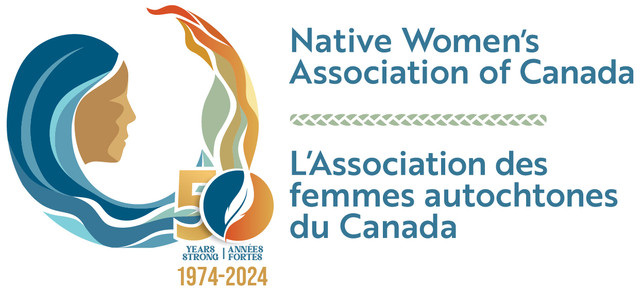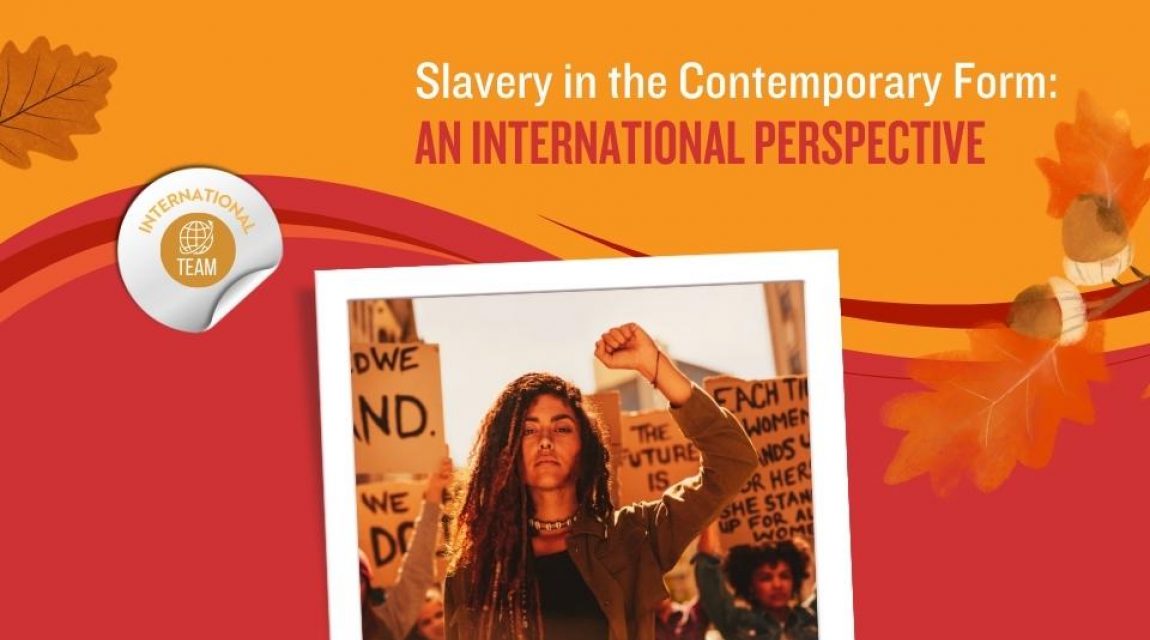We raised awareness about the cases of missing and murdered Indigenous women, girls, and gender-diverse (MMIWG2S+) people whom we have diligently tracked through our “Safe Passage” initiative.
And our voices were heard! Professor Obokata expressed his deep concerns to the United Nations Human Rights Council regarding the alarming rates at which Indigenous women, girls, and Two-Spirit people go missing or are tragically murdered, often as a result of being trafficked for forced labour or sexual exploitation. He highlighted the connections between Canada’s colonial legacy and the disproportionate impact of contemporary forms of slavery on Indigenous Peoples.
In his remarks, Professor Obokata pointed out that while Canada has made updates to its domestic frameworks aimed at addressing contemporary forms of slavery in recent years, there remains a notable absence of trauma-informed personnel and human rights-based approaches in law enforcement and the court system.
We have also been actively enhancing our international connections and fostering a revival of Indigenous relationships throughout the Americas. In May 2023, NWAC established a letter of understanding with the Central American Integration System (SICA), with the objective of collaboratively promoting social and economic integration, along with democratic security.

